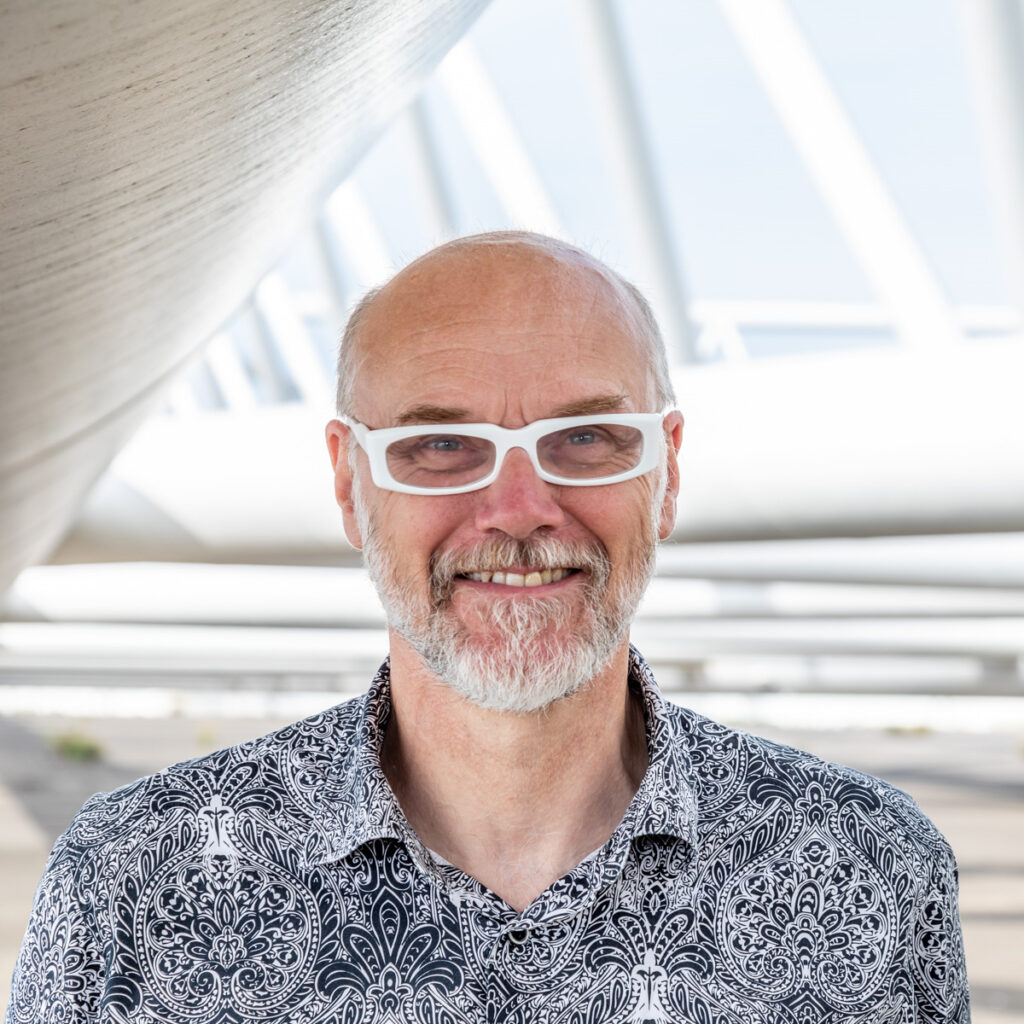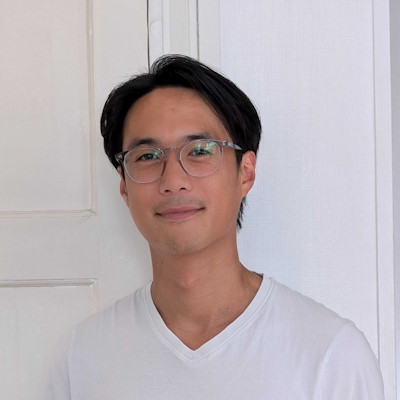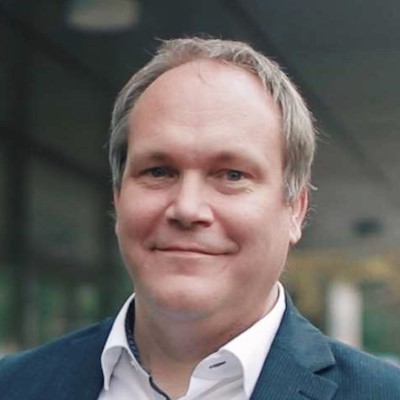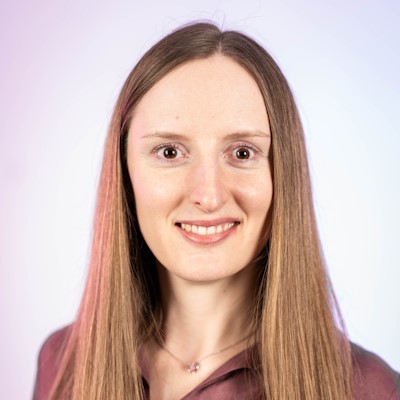Track B: Twin AI

Deep Ethics – Keynote
Maximilian Kiener
Speaker bioMaximilian Kiener is head of the Institute for Ethics in Technology at Hamburg University of Technology and a research associate at the Uehiro Institute, University of Oxford. Maximilian’s research specialises in moral and legal philosophy, with a particular focus on consent, responsibility, and artificial intelligence. His work explores the integration of ethical principles at every stage of AI development and use. Before joining Hamburg University of Technology, Maximilian completed both the BPhil (2017, Master’s degree) and DPhil (2019, PhD) in Philosophy at the University of Oxford. He then served as an Extraordinary Junior Research Fellow (2019–2021) and a Leverhulme Early Career Fellow (2021–2022) at Oxford.

AI Act for the working AI engineers – Keynote
Holger Hermanns
Speaker bioHolger Hermanns studied Computer Science in Erlangen, Germany and Applied Mathematics in Bordeaux, France. After completing his doctorate at the University of Erlangen-Nuremberg in 1998, he moved to the University of Twente, the Netherlands. Since 2003 he is Professor in Computer Science at Saarland University, Germany. He has been awarded multiple grants for his research from the European Research Council ERC, and has held visiting professorships in Grenoble, Guangzhou, and Copenhagen. He is member of Academia Europaea, initiator of the Collaborative Research Center CPEC, and Scientific Director of Schloss Dagstuhl – Leibniz Center for Informatics.

NVIDIA: OmniVerse
Axel Xu
Speaker bioI studied for a Master’s in general engineering at CentraleSupélec engineering school with a focus on AI and then a Master’s in computer science at Columbia University with a specialization in machine learning. I then joined Nvidia as a solutions architect in the Omniverse robotics team where we help our customers integrate the Omniverse platform into their Digital Twin workflows. I mainly focus on software-in-the-loop simulation for robot control software stack validation and high scale simulation for facility and fleet control optimization.

Digital Twins and Asset Administration Shells
Daniel Porta
Speaker bioDr.-Ing. Daniel Porta received a diploma in Computer Science from Saarland University in 2007 and his doctoral degree in 2017. Joining DFKI’s Cognitive Assistants research department already as a student in 2004, he is now a Senior Researcher leading a research group on industrial AI.

Human-Robot-Communication
Tim Schwarz

Twin AI in the context of Smart Cities
Boris Brandherm
Speaker bioDr. Boris Brandherm studied and completed his doctorate in computer science with a focus on artificial intelligence at the chair of Prof. Dr. Dr. h.c. mult. Wolfgang Wahlster at Saarland University. He obtained his doctorate with the dissertation ‘Embedded nth-order dynamic Bayesian networks’. From 2007 to 2008, he worked as a researcher and postdoctoral fellow at the National Institute of Informatics (NII) in Tokyo, Japan. Since October 2008, he has been working at the German Research Center for Artificial Intelligence (DFKI) in Saarbrücken, initially as a researcher and since 2014 as a senior researcher. He has been heading the ‘Smart Energy Systems’ group since 2011. He was a founding member and member of the steering committee of the ‘Landesinitiative für Energieinnovationen Saar’ (LIESA) for research and IT as a representative of DFKI and in this context a member of the program advisory board and co-organizer of five LIESA congresses to date. Brandherm was a board member of the SIG for Adaptivity and User Modelling (http://abis.l3s.uni-hannover.de/) from 2012 to 2016. Since the beginning of 2024, the Smart Energy Systems group of the Cognitive Assistance Systems research area has been part of the Future Transmission Lab network of the transmission system operator Amprion. Since the end of 2024, the Smart Energy Systems group has been part of the DFKI Competence Centre Connected Intelligent Cities. Boris Brandherm was or is the project manager of several research projects that he led for DFKI, such as Designetz, DuITeasy, 5G-SLS, GridAnalysis, idFlexNetz, Green-AI Hub Kübler, ALEX, and EnFoSaar. He and his research group work on AI-based power grid analysis, Industry 4.0, the Asset Administration Shell, digital twins, optimization methods, semantic annotation, ontologies, and data spaces for the energy industry, among other things.

State Estimation for Legged Robots
Mihaela Popescu
Speaker bioMihaela Popescu is a PhD student in the Robotics Research Group at the University of Bremen, Germany. Her research focuses on state estimation for legged robots, proprioceptive sensing and sensor fusion. She has hands-on experience with a wide range of mobile robotic platforms, including humanoid, quadruped, and wheeled robots. In addition to her research, she is actively involved in academic teaching at both undergraduate and graduate levels, giving courses and tutorials in mobile robot navigation, sensing, mapping, and localization. She holds a Master’s degree in Robotics and Automation from the Technical University of Dortmund (2020) and a Bachelor’s degree in Automation and Computer Science from the Technical University of Cluj-Napoca, Romania (2017).

Computational Foundations of Robotics Simulation
Justin Carpentier
Speaker bioJustin Carpentier is a researcher at Inria and École Normale Supérieure, heading the Willow research team since 2023. He graduated from École Normale Supérieure Paris-Saclay in 2014 and received a Ph.D. in Robotics in 2017 from the University of Toulouse. He did his Ph.D. in the Gepetto team at LAAS-CNRS in Toulouse, working on the computational foundations of legged locomotion. In 2024, he received an ERC Starting Grant focusing on laying the algorithmic and computational foundations of Artificial Motion Intelligence.
His research interests lie at the interface of optimization, machine learning, computer vision, simulation, and control for robotics, with applications ranging from agile locomotion to dexterous manipulation. He is also the leading developer and manager of widely used open-source robotics software, among them Pinocchio, ProxSuite, HPP-FCL, Simple, and Aligator. – https://jcarpent.github.io/

Sensory data integration
Sebastien Kleff
Sebastien Kleff will also deliver a tutorial on Optimal control.

